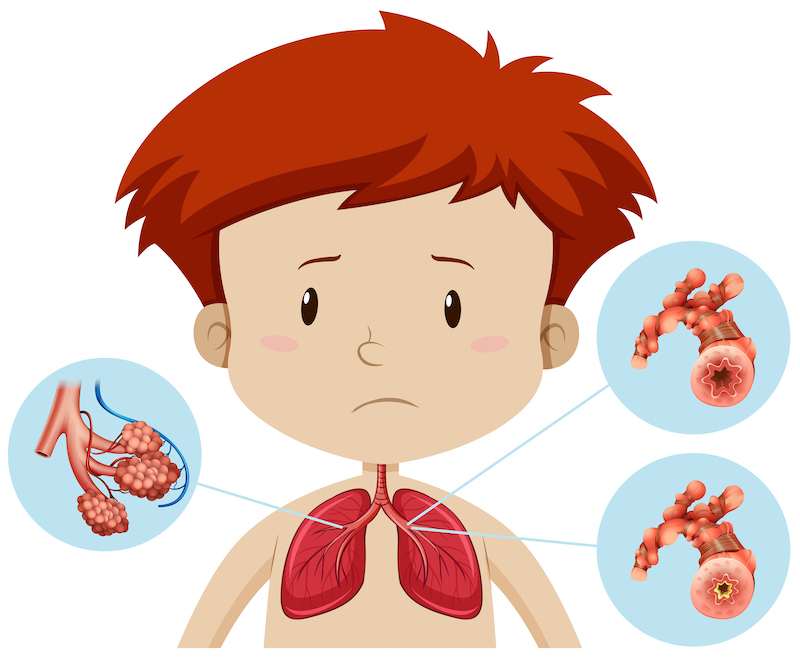Acid reflux, also known as gastroesophageal reflux (GER), is a common condition that can affect individuals of all ages, including babies and children. It occurs when the stomach contents flow backward into the esophagus, causing discomfort and other symptoms. In this article, we will explore the causes, symptoms, and management of acid reflux in infants and children, focusing on the keyword “acidity in a child.”
Understanding Acid Reflux in Babies and Children:
-
Causes of Acid Reflux in Children: Acid reflux in children can have various causes, including:
a. Immature Digestive System: Babies have an immature lower esophageal sphincter (LES), the muscle that prevents stomach contents from flowing back up into the esophagus.
b. Food Triggers: Certain foods or drinks, such as citrus fruits, tomatoes, spicy foods, and carbonated beverages, can trigger acid reflux symptoms in children.
c. Overfeeding: Overfeeding can put pressure on the stomach, leading to reflux.
d. Obesity: Excess weight can contribute to acid reflux in older children.
-
Symptoms of Acid Reflux in Children: Identifying acid reflux symptoms in children can be challenging, as they may vary depending on the child’s age. Common symptoms include:
a. Frequent spitting up or vomiting, often after meals.
b. Fussiness or irritability, especially during or after feeding.
c. Poor weight gain or slow growth.
d. Arching of the back or neck during or after feeding.
e. Refusing to eat or showing signs of discomfort while swallowing.
f. Chronic cough or wheezing.
g. Sore throat or hoarseness.
h. Dental problems, such as tooth erosion.
i. Recurrent respiratory infections, like pneumonia or bronchitis.
If you notice any of these symptoms in your child, it is essential to consult a healthcare professional for a proper diagnosis and treatment.
Managing Acid Reflux in Children:
- Lifestyle Modifications: Implementing certain lifestyle changes can help manage acid reflux in children. These include:
a. Feeding Techniques: Hold your baby in an upright position during and after feeding, and burp them frequently. For older children, encourage them to eat smaller, more frequent meals.
b. Positioning: Elevate the head of your baby’s crib or bed by placing a firm pillow under the mattress to reduce reflux symptoms during sleep.
c. Avoiding Triggers: Identify and avoid foods or drinks that trigger acid reflux symptoms in your child.
d. Weight Management: If your child is overweight, work with a healthcare professional to develop a healthy weight management plan.
- Medications: In some cases, medications may be prescribed to reduce acid production or improve the function of the LES. However, medication should always be used under the guidance of a healthcare professional.
- Feeding Modifications: For infants with acid reflux, certain feeding modifications can be helpful:
a. Thickening the formula or breast milk with rice cereal can help reduce reflux episodes.
b. If breastfeeding, try eliminating certain foods from your diet that may trigger reflux symptoms in your baby.
- Follow-Up and Monitoring: Regular follow-up visits with a healthcare professional are crucial to monitor your child’s progress and adjust the treatment plan if needed.
Conclusion:
Acid reflux in babies and children can be a challenging condition for both parents and healthcare professionals. Understanding the causes, recognizing the symptoms, and implementing appropriate management strategies are vital for providing relief and ensuring the well-being of the child. By making lifestyle modifications, considering medications when necessary, and following the guidance of healthcare professionals, parents can help alleviate the symptoms of acid reflux and improve their child’s quality of life.
![]()











